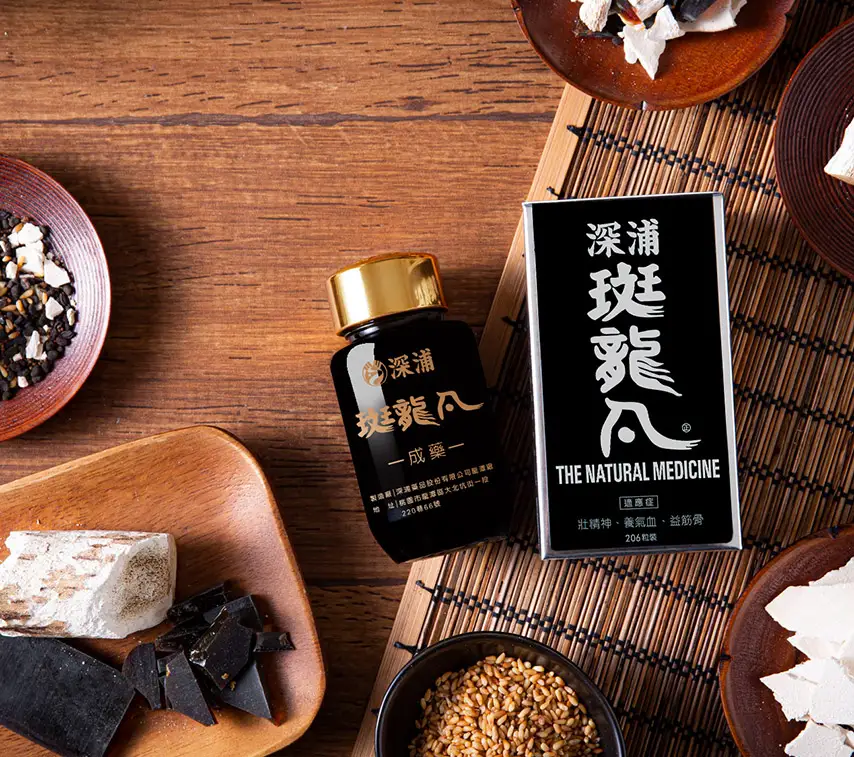
Types of Chinese Medicine
The herbs in Chinese medicine are of natural origin and were known in ancient times as “materia medica”. The herbs
In the Far East, China, there has been a traditional medicine that follows the five elements of yin and yang and follows nature, using natural herbs to treat illness and pain. Below we introduce the basics of Chinese medicine and Chinese medicine, and hope to be a guide to your understanding.
This part is an introduction to the 5 organs in Chinese medicine. In the concept of Chinese medicine,
there are some differences between the organs and Western medicine.

The mind mentioned by Chinese medicine is the spiritual consciousness and blood circulation of the person in charge, also known as (the sovereign).

It has the function of keeping the internal organs open, detoxifying, storing blood and mediating blood volume, and has the title of “General’s Officer”.

The “spleen” and “stomach” form a superficial relationship, in which the stomach is responsible for digestion, the spleen is responsible for absorption, plus the large and small intestines, the complete digestive system.

The lungs are the main source of air and have the effect of helping the heart, also known as the “Sifu’s official”.

It forms the renal system with the bladder, bone marrow, brain, hair and ears. The Kidneys are the source of essence, Qi and bones, and are the source of yin and yang in the internal organs and the source of life, so it is called the innate source.
The herbs are taken from nature. Plants, animals and even minerals can be used in Chinese medicine, and the suitable compound herbs are selected and then ” Pao Zhi ” into special soups or black pills.

The herbs in Chinese medicine are of natural origin and were known in ancient times as “materia medica”. The herbs

Chinese herbal medicines are manufactured according to the needs and medicinal properties of each herb, and are processed in an

The most widely known Chinese medicine is water medicine, but it is inconvenient to carry and preserve, and people used

Chinese medicine has always given people the impression that it is unscientific, or has no efficacy,
what is the truth?

Sheng-pu Pharmaceutics Co., Ltd. has commissioned a study on the efficacy of liver pills from the US University of Southern

Dr. Lee has been in the business in Taiwan for over 50 years, listen to what his patients have to